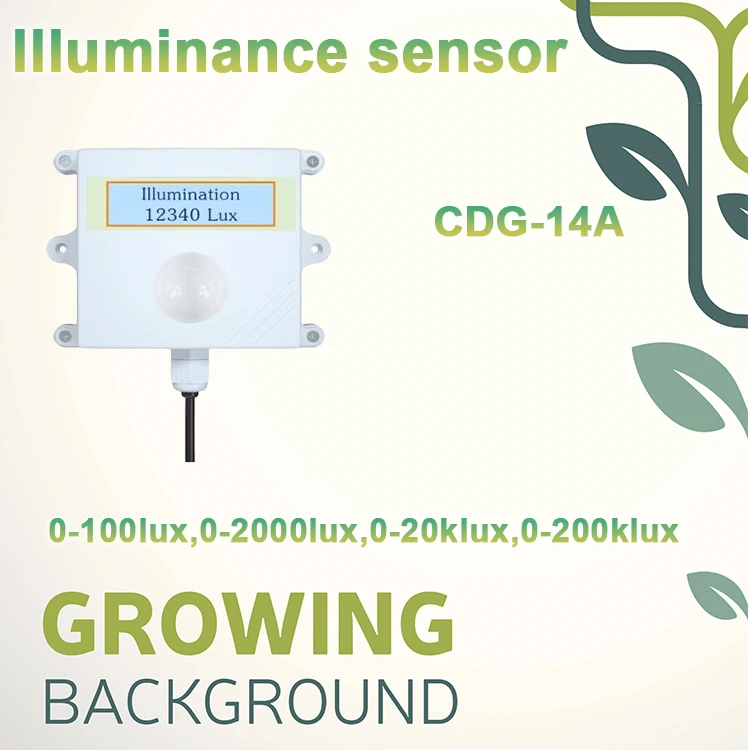
# Light Sensor: Definition and Applications
## What is a Light Sensor?
A light sensor is an electronic device that detects and measures the intensity of light in its surrounding environment. It converts light energy into an electrical signal, which can then be processed by other electronic components or systems. Light sensors are also commonly referred to as photodetectors or photosensors.
These sensors work based on the principle of the photoelectric effect, where light photons striking a photosensitive material generate an electrical current or change in resistance. The amount of current or resistance change corresponds to the intensity of the detected light.
## Types of Light Sensors
There are several types of light sensors available, each with its own characteristics and applications:
– Photoresistors (LDRs): Light-dependent resistors that change their resistance based on light intensity
– Photodiodes: Semiconductor devices that convert light into current or voltage
– Phototransistors: Light-sensitive transistors that amplify the photoelectric effect
– Photovoltaic cells: Convert light energy directly into electrical energy (solar cells)
– CCD and CMOS sensors: Used in digital cameras and imaging devices
## How Light Sensors Work
The basic operation of a light sensor involves three main steps:
– Light detection: The sensor’s photosensitive element absorbs photons from the light source
– Signal conversion: The absorbed light energy is converted into an electrical signal
– Output generation: The electrical signal is processed and output in a usable form (voltage, current, or digital signal)
The sensitivity and response time of a light sensor depend on its design and the materials used in its construction.
## Applications of Light Sensors
Light sensors have numerous applications across various industries and everyday devices:
### Consumer Electronics
– Automatic brightness adjustment in smartphones and tablets
– Camera exposure control in digital cameras
– Proximity detection in devices (screen turn-off during calls)
### Automotive Industry
– Automatic headlight control systems
– Rain-sensing windshield wipers
– Dashboard lighting adjustment
### Industrial Applications
– Light intensity monitoring in manufacturing processes
– Quality control in production lines
– Object detection and counting systems
### Smart Home and Building Automation
– Automatic lighting control systems
– Security systems with motion detection
– Energy management systems
### Environmental Monitoring
– Weather stations for sunlight measurement
– Agricultural light monitoring for plant growth
– UV index measurement devices
## Advantages of Light Sensors
Light sensors offer several benefits that make them popular in various applications:
– Non-contact measurement
– Fast response time
– High sensitivity
– Low power consumption
– Compact size
– Cost-effective solutions
## Future Developments
As technology advances, light sensors continue to evolve with improvements in:
– Higher sensitivity and accuracy
– Wider spectral range detection
– Miniaturization for wearable devices
– Integration with IoT systems
– Energy harvesting capabilities
Light sensors will likely play an increasingly important role in smart cities, autonomous vehicles, and advanced environmental monitoring systems in the coming years.
Keyword: what is light sensor
